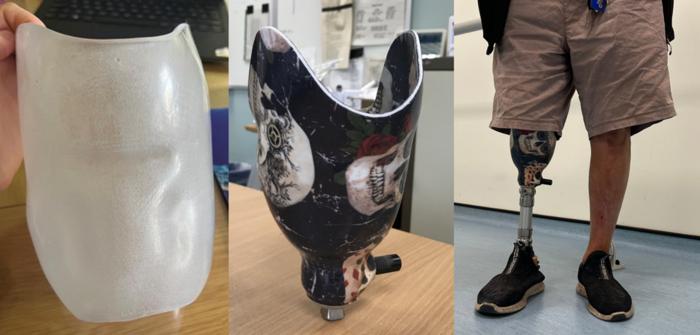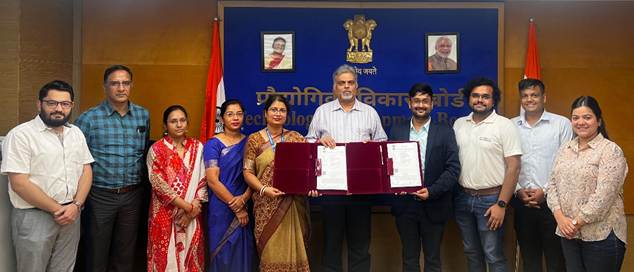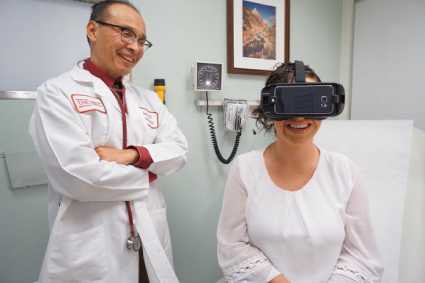New Delhi: Launched on September 2021, with the vision of creating a robust digital health infrastructure, the Ayushman Bharat Digital Mission (ABDM) has embarked on a transformative three-year mission to revolutionize India’s healthcare ecosystem.
The primary goal is to enhance accessibility, efficiency, and transparency in healthcare services. ABDM leverages Digital Public Infrastructure (DPI) to ensure seamless interoperability in digital health transactions.
The mission’s roots can be traced back to the National Health Policy (2017), which emphasized accessibility, a wellness-centric approach, and the integration of digital technologies.
This was further strengthened by the National Health Stack (2018), which introduced components like unique health identifiers and verified registries, followed by the National Digital Health Blueprint (2019) that provided a roadmap for implementing ABDM.
Key Features of ABDM:
- Unique Health Identifier (ABHA ID): Every citizen is assigned a unique ABHA ID, providing a secure and reliable identity to store and manage personal health records.
2. Healthcare Professionals Registry (HPR): A comprehensive database of healthcare professionals across modern and traditional systems of medicine, allowing them to connect with India’s digital health ecosystem.
3. Health Facility Registries (HFR): A centralized repository of health facilities, including public and private hospitals, clinics, diagnostic labs, imaging centers, and pharmacies, across all systems of medicine.
4. Health Information Exchange and Consent Manager (HIE-CM): Empowers individuals to securely access and share their health records, ensuring data exchange is driven by informed consent.
5. Unified Health Interface (UHI): Simplifies the discovery and delivery of healthcare services, improving accessibility and efficiency.
6. National Health Claims Exchange (HCX): Standardizes the insurance claim process, making it faster and easier to settle health insurance claims.
7. Data Privacy and Security: ABDM prioritizes the security, confidentiality, and privacy of health-related personal information. Its federated architecture aligns with the Digital Personal Data Protection Act (2023) to safeguard patient information.
8. Interoperability: ABDM facilitates secure data exchange among healthcare stakeholders, ensuring efficient healthcare delivery. This is supported by three key gateways: HIE-CM, HCX, and UHI.
9. Transparency: ABDM enhances transparency by offering individuals the choice to access both public and private healthcare services, while ensuring compliance with guidelines, transparency in service pricing, and accountability in healthcare delivery.
Key Initiatives of ABDM:
1. Scan and Share: A QR code-based OPD registration service that enables patients to scan a facility’s QR code and share their demographic details, reducing registration wait times and ensuring accurate data entry. Over 5 crore OPD tokens have been generated, cutting wait times from one hour to 30 minutes and saving approximately 2.5 crore man-hours.
2. Digital Health Incentive Scheme (DHIS): Launched on January 1, 2023, DHIS provides financial incentives to boost the adoption of digital health practices. With incentives up to ₹4 crore, this initiative has gained significant traction among both public and private healthcare providers.
3. Microsites for Private Sector Adoption: This initiative addresses challenges faced by private healthcare providers in adopting ABDM. Over 106 microsites have been established, surpassing the initial target of 100.
4. **End-to-End ABDM Adoption Pilot**: A nationwide pilot to digitize public and private healthcare facilities, turning them into model ABDM facilities. As of September 27, 2024, 131 facilities have been selected for participation.
Achievements of ABDM:
– Over 67 crore Ayushman Bharat Health Accounts (ABHA) have been created, providing citizens with unique digital health IDs to securely access and share health records. Additionally, more than 42 crore health records have been linked to ABHA, facilitating seamless access to medical histories.
– ABDM has successfully integrated over 236 private entities, including labs, pharmacies, and digital solution providers, into its ecosystem. Leading public institutions like AIIMS Delhi and AIIMS Bhopal, along with several private healthcare chains, have contributed significantly to ABDM’s success. Currently, over 1.3 lakh healthcare facilities, including more than 17,000 private ones, are ABDM-enabled.
- PIB







